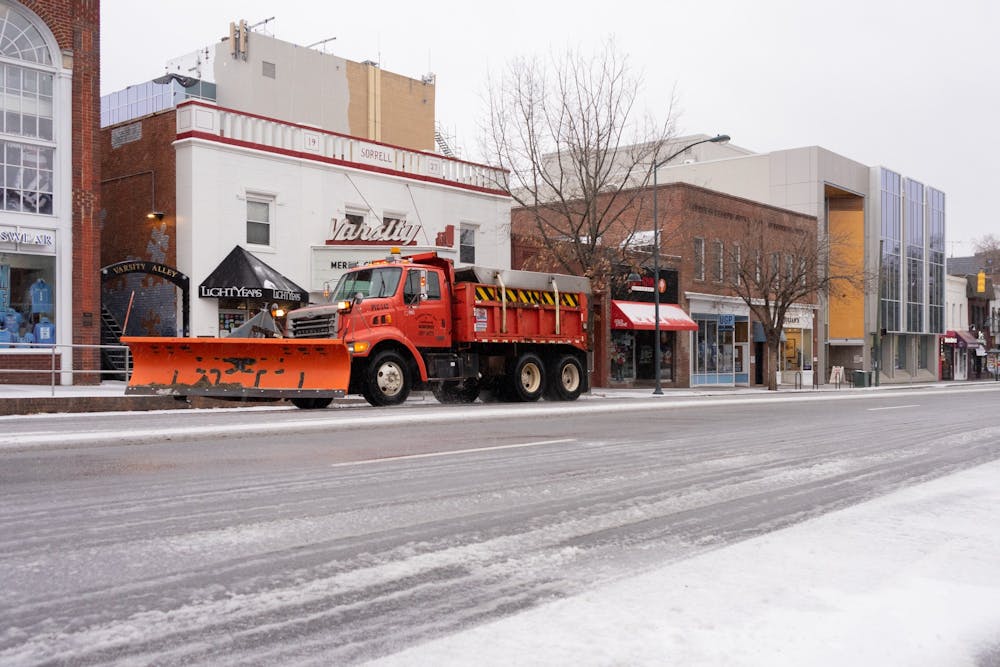It’s almost a running gag — the South cannot handle snow.
On campus, students from colder states often lead the navigation of hazardous weather conditions for their fellow North Carolinian peers, who oftentimes lack the gear and experience to tackle such storms. The shortage of resources most Southerners have in handling winter storms is seen as almost comical or endearing.
Previously, being relatively unprepared for winter storms was expected and acceptable, seeing that North Carolina rarely encountered snowy or icy conditions. But the lack of preparation is becoming more and more of a serious concern.
Due to climate change, winter storms are happening more often and are more destructive.
The United States has already faced six major winter storms this year. Currently, another storm is traveling across the country and leaving a trail of destruction in its wake, including a 16 car pile-up in Memphis and over 200,000 reported power outages.
Because of global warming, the Earth is absorbing larger quantities of water into the atmosphere. It's led to heavier snowfall during the colder months and the higher possibility of flooding and downpours in warmer months — neither of which North Carolina is prepared to handle.
A historical lack of need for snowplows, brine and other methods of protecting the city from hazardous winter conditions have resulted in a dangerously vulnerable state today.
North Carolinians have experienced multiple dangerous incidents this year, including a salt truck flipping on the road in Cary, roadways in Winston-Salem being completely shut down due to slippery conditions and a Delta flight skidding into some snow during its landing. North Carolina’s infrastructure needs to change alongside the increasingly dangerous winter conditions we are facing to avoid further damage.
Although the Town of Chapel Hill has brine application precautions in place to address winter storms, these efforts are not grand enough to protect the city from modern winter weather threats as they continue to present higher levels of danger. Budgets must be adjusted to strengthen our infrastructure, including stronger de-icing services.




